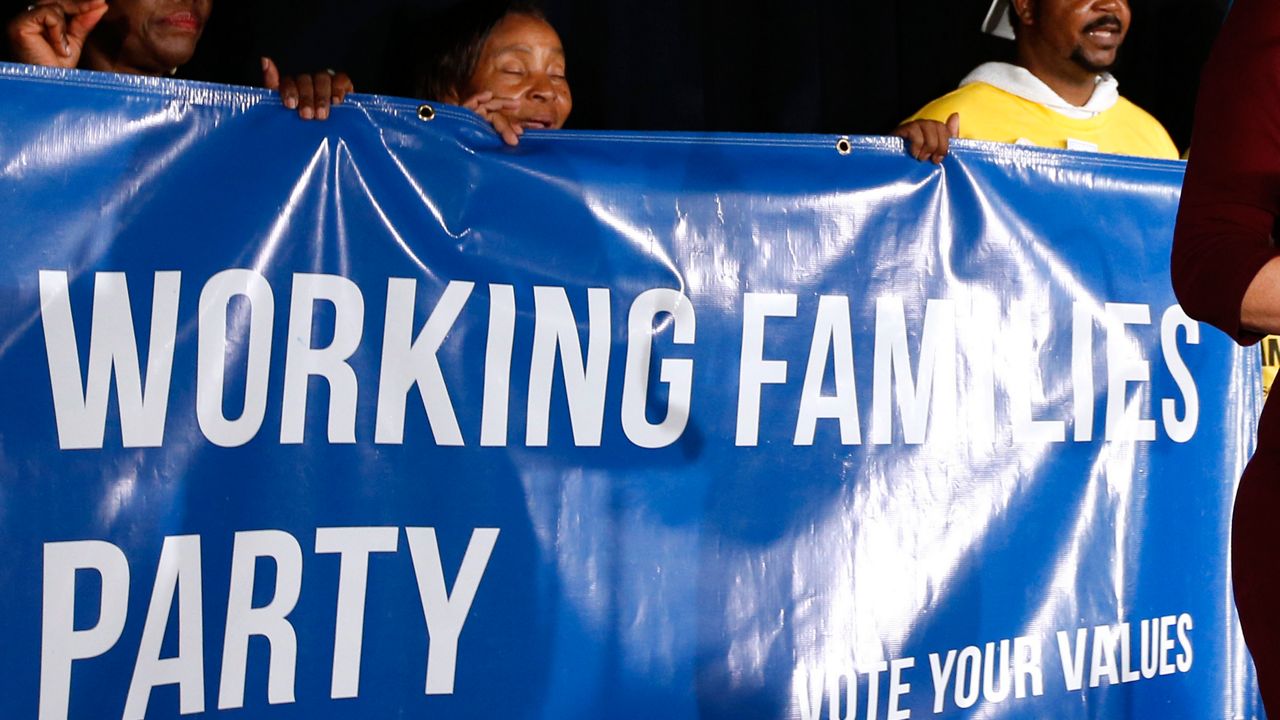Every four years in New York for the last decade, a little side drama has played out in the state's gubernatorial elections: Will Gov. Andrew Cuomo run on the ballot line of the progressive Working Families Party?
The party has seemingly always been at odds with the Democratic governor, but inevitably reconciles with him for an uneasy peace by the time the general election rolls out. On Tuesday morning, the WFP in a statement said it had seen enough amid the sexual harassment allegations roiling the governor's administration.
“We are calling on Governor Cuomo to resign immediately because he is unfit to serve the people of New York," said WFP State Director Sochie Nnaemeka.
“As we face an ongoing public health and economic crisis, New Yorkers also need their state legislature to lead now more than ever. The WFP urges our state legislators to pass a budget that reverses this Governor’s decade of cuts to working people and tax breaks for the wealthy, raises significant revenue, and supports excluded workers and vulnerable New Yorkers."
Cuomo is facing increasing calls Democratic elected officials to step down from the office he has held since 2011 after a third woman alleged inappropriate behavior.
The WFP has served as a ballot line and organization meant to pull Democrats to the political left. In 2010, then-Attorney General Cuomo nearly declined their ballot line amid an investigation his office was conducting into the party's since-shuttered for-profit arm, Data & Field Services.
In 2014, the party considered endorsing Fordham Law School professor Zephyr Teachout during a heated convention in Albany. Last-minute interventions from Mayor Bill de Blasio and Attorney General Eric Schneiderman led the WFP to back Cuomo for a second term.
Four years later, the WFP endorsed Cuomo's next primary challenger, actress and advocate Cynthia Nixon. Cuomo defeated Nixon in a primary and, with some mutual begrudging, Cuomo ran on the WFP line.
The following year, Cuomo backed a measure that made it more difficult for political parties to maintain ballot status, a move widely seen as an effort to knock the WFP off the ballot, which the governor said was not the case.
The WFP was able to meet the new threshold requirements last year.



